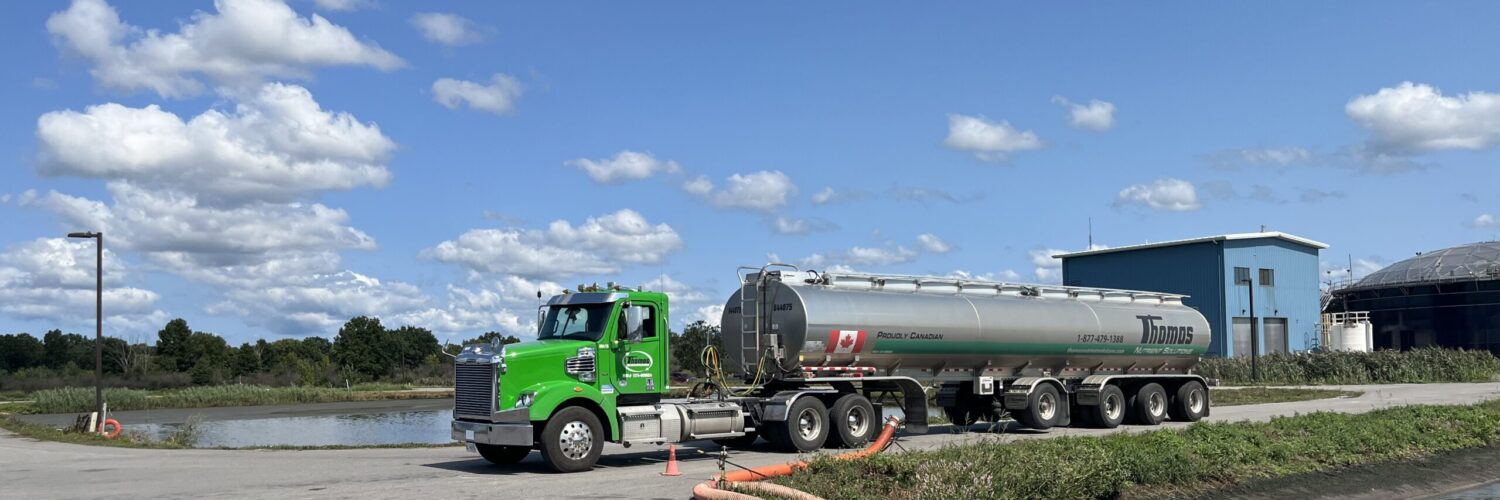The benefits of biosolids to the agricultural industry has long been known and appreciated by farmers for many years. It has several advantages over traditional fertilizers and has a significant impact on saving the environment. King County in Washington is aware of the benefits of biosolids as fertilizers and has been applying biosolids on their fields for decades.
The main source for their biosolids is the treated wastewater that comes from the city of Seattle. This is where the process of mechanical, biological and/or chemical treatments are done to produce clean water that is returned to the environment. The biosolids by-products are usually dealt with in one of three ways: incineration, burial in a landfill, or application on soils as agricultural fertilizer.
Both incineration and burial are not only expensive methods of disposal, they also negatively affect the environment. Biosolids placed in landfills can potentially release methane while incineration releases nitrous oxide, a potent greenhouse gas. The only way biosolids can be used effectively and safely is to apply it on agricultural lands.
Cat Gowan, a biosolids project manager in King County’s wastewater treatment division, clearly sees the benefits of biosolids to the environment. “Every year we provide the equivalent of taking about 8,000 cars off the road,” she says.
King County is not the only place in the US that does this. Around 55% of all treated human waste in the U.S. is applied to soils. What sets them apart from other locations is that they are part of a Seattle-based program which has been around since the 1970s.
They have partnered with several universities and branded their biosolids to make it more appealing to the public. They called their product “Loop” and they even created a website detailing in-depth information about the program.
Their Loop-branded trucks deliver biosolids to farmers throughout the region. One of their customers is Doug Poole, who uses it on his crop fields. According to Poole, Loop costs about one-half to one-third less than chemical fertilizer. Poole is a second-generation grower who has used King County biosolids for many years, which is why his land has been used by the program’s research the longest. Poole is a firm believer in the benefits of biosolids as fertilizers and credits Loop for raising his crop yields to between 10 and 40%.
Washington State University’s soil scientist, Andy Bary, has been studying Poole’s farm since 1994. His long-term research has demonstrated that biosolids consistently produce equal to or higher yields than those using traditional fertilizers. Bary says that biosolids have a broader range of plant-beneficial nutrients than synthetic fertilizers. This amount of nutrients would normally be prohibitively expensive for most farmers, he said.
Among the many benefits of biosolids is in how it can protect the environment. Biosolids help sequester carbon in the soil which can reduce atmospheric greenhouse gas levels. A 20-year study on Poole’s farm revealed a significant increase in soil organic carbon in fields where Loop had been applied to compared to areas where commercial fertilizer was used. Biosolids also help soils retain more moisture, which can reduce the need for energy-intensive irrigation and pesticides. This also helps farms become more resistant to drought.
Examples like King’s County should be replicated in more farms around the world to improve our food production and save our environment from pollution and toxic gases.
If you are a municipality in Ontario and in need of a biosolids management solution, please feel free to contact us at 1 (877) 479-1388.
Sources:
In King County, Washington, human waste is a climate solution
https://www.kingcounty.gov/services/environment/wastewater/resource-recovery/loop-biosolids/about.aspx

